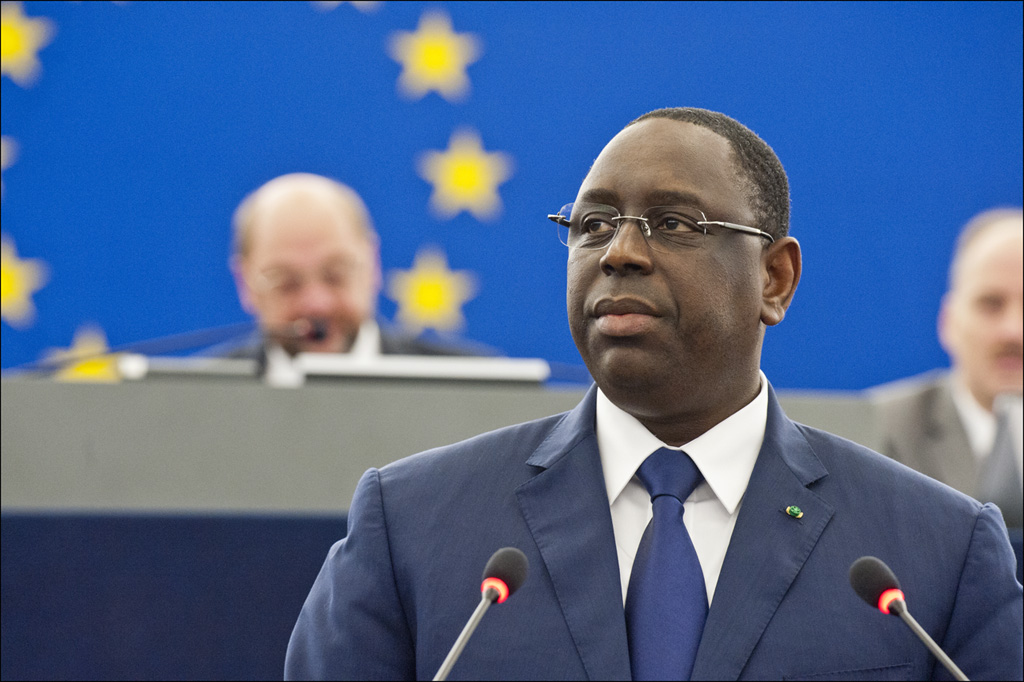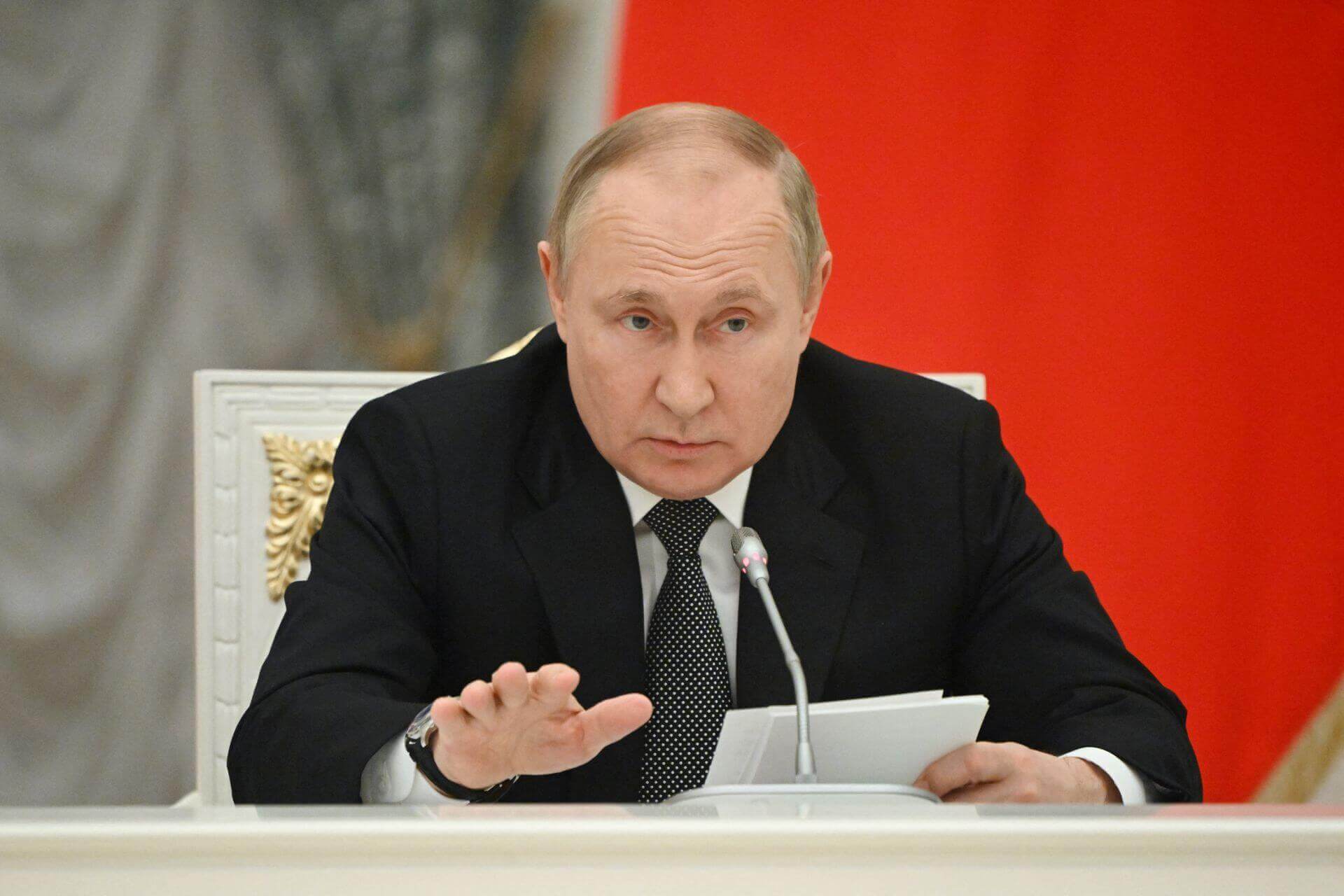World News Monitor: 31 May, 2022
A quick look at events from around the globe.
South Asia
Qatari Foreign Minister Sheikh Mohammed bin Abdulrahman al-Thani defended his decision to engage with the Taliban, saying Western sanctions on the group exacerbate Afghanistan’s humanitarian crisis and could result in a “rise in extremism.” [Khaama Press Agency]
Pakistani Prime Minister Shehbaz Sharif is scheduled to commence his three-day visit to Turkey on Tuesday, where he will meet with President Recep Tayyip Erdoğan to discuss expanding economic ties amid Pakistan’s foreign reserve crisis. He will also meet several business leaders and company heads. [Associated Press of Pakistan]
Central Asia and the Caucasus
Azerbaijani troop positions in Kalbajar came under fire from Armenian forces, the Defence Ministry reported on Monday. The incident took place just days after Armenia reported that its troops were shot at by Azerbaijani forces. [Azerbaijan Defence Ministry]
Iran and Tajikistan signed 17 agreements, including in politics, economy, trade, transportation, investment, energy, and tourism, during a meeting between their presidents—Ebrahim Raisi and Emomali Rahmon—in Tehran. Iran has also recently expressed expanding military ties with Tajikistan and opened its first overseas drone manufacturing plant in Dushanbe earlier this month. [Fars News]
East and Southeast Asia
Responding to the United States’ (US) concerns about the restrictions placed on United Nations High Commissioner for Human Rights Michelle Bachelet during her recent trip to China, Chinese foreign ministry spokesperson Zhao Lijian said Bachelet gained a “first-hand experience of Xinjiang’s reality with social security and stability, sound and sustained development, and wellbeing.” He denounced the US’ “lies and rumours” about the region, which he said have been “debunked countless times.” [Chinese Ministry of Foreign Affairs]
South Korean Ministry of National Defence spokesperson Col. Moon Hong-sik confirmed that Canada has requested the delivery of tens of thousands of 155-millimetre artillery shells because it sent huge shipments of its own ammunition to Ukraine, leading to shortages at home. Moon, noted, however, that “there has been no official process or progress made in this regard yet.” [The Korea Times]
Europe
British Prime Minister (PM) Boris Johnson spoke with his Sri Lankan counterpart Ranil Wickremesinghe on the ongoing economic crisis. Johnson criticised Russian President Vladimir Putin’s invasion of Ukraine and blockage of several ports, which he said has exacerbated the food crisis and Sri Lanka’s struggles. [Colombo Page]
French Foreign Minister Catherine Colonna called the death of French journalist Frédéric Leclerc-Imhoff “deeply disturbing” and demanded a “transparent investigation” into his death. The journalist, who worked with the channel BFMTV, was killed by shell shrapnel while covering a civilian evacuation near Severodonetsk. Meanwhile, the Ukrainian interior ministry said another French journalist was wounded after Russian forces fired on an armoured vehicle. [Euronews]
According to a Federal Security Service (FSB) source, Russian President Vladimir Putin “has a severe form of rapidly progressing cancer,” with no more “than two to three years to stay alive.” He added, “His eyesight is seriously worsening. And his limbs are now also shaking uncontrollably.” Last week, Kremlin sources revealed that Putin had a successful cancer surgery two weeks ago. [Mirror]
Latin America and the Caribbean
As the Brazilian President Jair Bolsonaro reached the flood-affected Recife region in the Pernambuco state on Monday, authorities confirmed that 91 have died and 26 people remain unaccounted for. President Bolsonaro expressed his “sympathy to family members,” while stating that “unfortunately, these catastrophes happen in a continent-sized country.” 14 municipalities in the region have declared a state of emergency, while the government has extended a new credit line for disaster response and preparedness. The Intergovernmental Panel on Climate Change has classified Recife as one of the world’s most vulnerable cities, as it faces recurrent flooding that has so far displaced close to 5,000 people. [Associated Press]
The Prime Minister of St. Vincent and the Grenadines (SVG), Ralph Gonsalves, said on Monday that “the United States government does not have the right” to exclude any nation from the Summit of the Americas next month. Gonsalves, who just returned from Cuba, hinted that he may not attend the Summit, joining a host of regional leaders who have threatened to boycott the event if any country is left out. A senior State Department official had earlier hinted at the possible exclusion of Cuba, Venezuela, and Nicaragua over their non-democratic nature. [Jamaica Observer]

Middle East and North Africa (MENA)
The International Atomic Energy Agency (IAEA) reported on Monday that Iran’s estimated stockpile of enriched uranium has grown to over 18 times the limit set by the 2015 nuclear deal, which is 300 kilogrammes. [The Times of Israel]
The Ain al-Asad military base in Iraq’s Anbar province, which hosts American troops, was struck by at least five missiles on Monday. There was minor damage to infrastructure but no casualties were reported. Although no group has so far claimed responsibility for the attack, Iran-backed militias are suspected as they have previously launched rocket attacks against US interests in the country. [Associated Press]
North America
On Monday, United States President Joe Biden announced that Washington would not be sending long-range missile systems like the Multiple Launch Rock Systems “that strike into Russia” to Ukraine. However, it’s likely that the latest military assistance package may include shorter-range missile systems that can travel up to 80 kilometres. [The Hill]
Canada’s Trudeau government tabled a new firearms control bill on Monday, declaring a national freeze on importing, buying, and selling handguns. Though the bill does not bar possessing handguns completely, it aims to limit the number of arms already in the country. “This is a concrete and real national measure that will go a long way towards keeping Canadians safe,” Prime Minister Justin Trudeau told reporters in Ottawa. [CTV News]
Oceania
In a significant diplomatic shift, Chinese Foreign Minister Wang Yi expressed willingness to cooperate with Australia in the Pacific. Wang’s remarks came on the heels of his failure to persuade Pacific island nations to sign up for Beijing’s regional security deal. Nevertheless, at least six Pacific countries signed documents to bolster cooperation with the South Asian giant. China and Australia have been engaged in a trade and diplomatic dispute for over two years now. [The Age]
Australian Prime Minister Anthony Albanese said his Labor party has secured enough seats in the lower house of parliament to form a majority government. Albanese said that his party won 76 of the 151 seats in the lower house, adding that the final tally could rise to 77. [Reuters]
Sub-Saharan Africa
On Monday, Senegalese President and African Union Chairperson Macky Sall held a telephonic discussion with his Rwandan and Congolese counterparts—Paul Kagame and Félix Tshisekedi—in order to call for the two countries to amicably resolve their disputes. He also requested Angolan President João Lourenço to mediate talks between the two leaders. Sall had earlier expressed concern over the rising tensions between the two neighbours over cross-border shelling and retaliatory accusations of support for rebel groups. [KT Press]
The Nigeria Centre for Disease Control (NCDC) has recorded 21 cases of monkeypox, with one death. Monkeypox is endemic to Africa and presently has “not shown any significant threat (...) that could result in severe disease or a high case fatality rate,” according to an infectious disease specialist Dr. Bertha Serwaa Ayi. [Africa News]

